Blue Moon” (2025) directed by Richard Linklater and co-written with Ethan Hawke, is a film that intertwines music, memory, and longing in a narrative shaped by the life and work of the legendary songwriting duo Richard Rodgers and Lorenz Hart. It stars Andrew Scott, Margaret Qualley, and Hawke himself. Set against the backdrop of early 20th-century Broadway, a time when musical theater was rapidly evolving into a defining American art form, the film explores how Hart’s deeply personal lyrics, often filled with yearning, wit, and melancholy, mirrored his own life.
It is a film of quiet devastation, a single night stretched into a lifetime of longing. Set within the warmly lit yet isolating walls of Sardi’s bar in 1943, it lingers in the melancholy of lyricist Lorenz Hart (Ethan Hawke), a man eclipsed by the brilliance of his former collaborator, Richard Rodgers. The film is not a biopic in the traditional sense, nor is it a grand tale of musical triumph. It is a portrait of a man at his most fragile, a reflection on loneliness, unspoken desires, and the ghosts of regret that haunt every sip of whiskey.
At its core, “Blue Moon” is about the unbearable weight of being left behind. Hart, once half of one of Broadway’s greatest songwriting duos, now finds himself adrift while Rodgers moves forward. Embracing a new era of musical theater with Oklahoma!—a work that Hart was neither wanted for nor could have written himself. It is a brutal moment, not in its cruelty but in its inevitability. The world has chosen to move on, and Hart is left in a space where nostalgia and bitterness intertwine. His pain is not a dramatic wailing but something quieter, something that sits beneath his skin and only surfaces in drunken wit, half-smirks, and the way his fingers shake slightly when he lifts his glass.
Ethan Hawke inhabits Hart with a kind of exhaustion that feels lived-in. His performance is neither showy nor self-indulgent; instead, he allows Hart’s sadness to unfold in real time. The film, much like its protagonist, never rushes. Linklater’s direction, known for its patience and attention to the small moments of human connection, is at its most intimate here. Every interaction—whether with the waitstaff, passing acquaintances, or the young soldier who catches Hart’s eye—is filled with a quiet longing, as if he is trying to hold onto something fleeting.
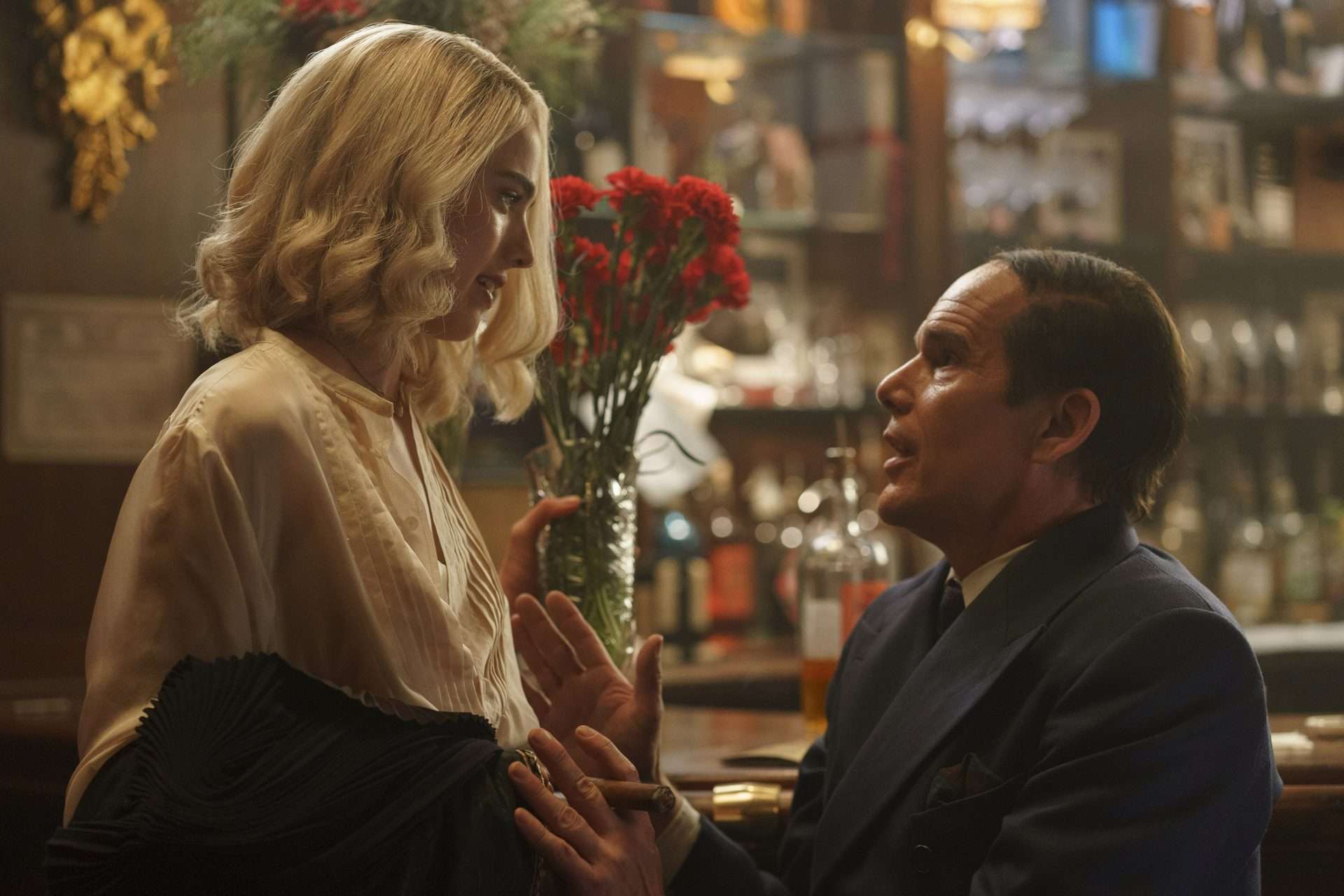
“Blue Moon” is not simply a portrait of sorrow. It is a film about how people use art to navigate their own brokenness. Hart’s lyrics were full of yearning, of impossible love, of moments that could never fully be grasped. Songs like My Funny Valentine and Blue Moon feel less like timeless standards and more like diary entries set to music. The film makes the case, subtly and devastatingly, that Hart wrote of love the way he wished to experience it rather than how it truly was for him.
Also Read: 10 Best Films of Richard Linklater, Ranked
This loneliness is compounded by the social realities of the time. The film does not overstate Hart’s sexuality, but it lingers in the unsaid. His attraction to men is evident but never named outright. It exists in the stolen glances and the measured distance he keeps. In a world that would never allow him to love openly, Hart seems to exist in a state of emotional purgatory, too afraid to reach for what he wants, yet unable to fully accept what he has lost.
Marking a striking contrast to Hart’s internal struggles is the film’s setting, Sardi’s. A place that should feel lively and full of possibility, yet instead becomes a cage. The camera rarely strays from this bar, making the audience feel just as trapped as Hart does. Linklater uses space well, turning a bustling social hub into something almost purgatorial. The bar’s golden glow should be warm and inviting, but instead, it feels like a flickering reminder of past glories, of a Broadway that no longer has space for men like Hart.
What makes “Blue Moon” so haunting is that it does not offer easy catharsis. There is no grand revelation, no final act of redemption. Hart does not suddenly change; he does not get a second chance. Instead, the film sits in the reality of his life. The way the night stretches on, the way the drinks keep coming, the way time seems to slip through his fingers like sand. It is a film about waiting for something that will never arrive and knowing, deep down, that you are waiting in vain.
In the end, “Blue Moon” is less about the music of Lorenz Hart and more about the silence between the notes, the pauses, the hesitations, the moments of almost. It is a film about a man who wrote about love but never truly held it, about a genius whose words soared while he remained on the ground. Linklater has crafted a quiet, aching elegy to those who are forgotten not because they failed, but because time simply passed them by. And in that quiet, in that longing, “Blue Moon” finds its devastating truth.


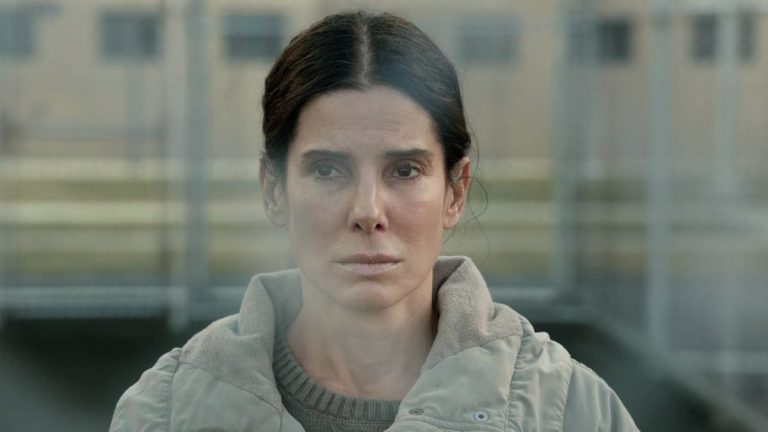
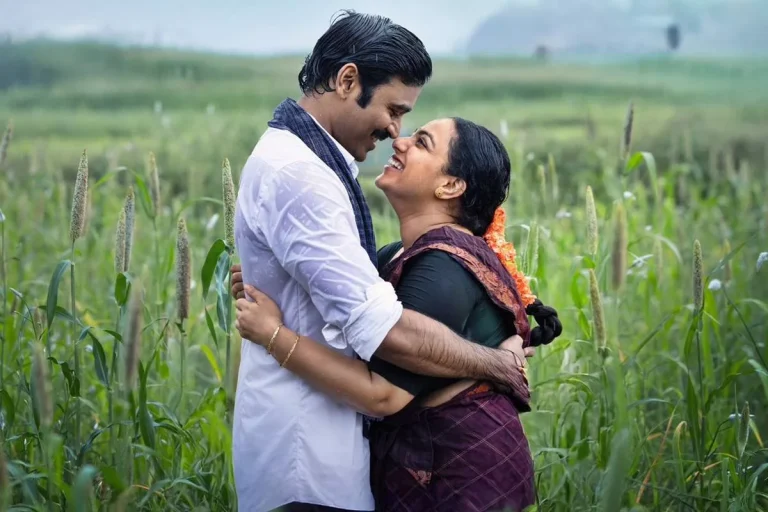
![Baywatch [2017]: A Rehash of a Terrible Television Phenomenon](https://79468c92.delivery.rocketcdn.me/wp-content/uploads/2017/05/baywatch-2-768x403.jpg)
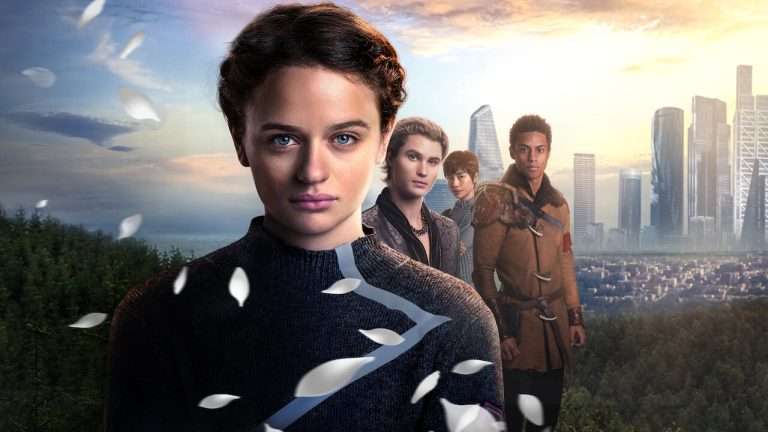
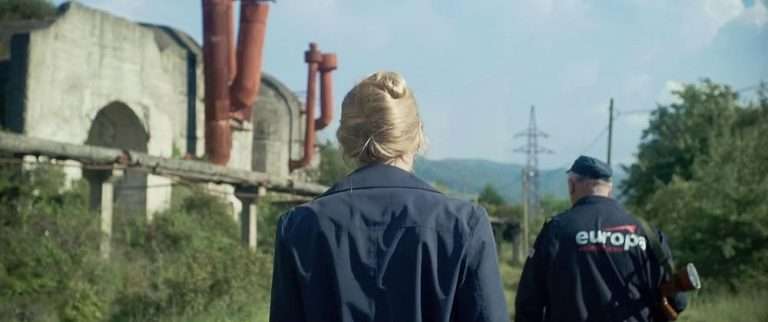
![For Lucio [2022] MUBI Review: Lucio Dalle’s artistic (and personal) life becomes the focus of this confident documentary by Pietro Marcello](https://79468c92.delivery.rocketcdn.me/wp-content/uploads/2022/02/For-Lucio-1-768x510.jpg)